Moons orbit planets, planets orbit stars, stars orbit within galaxies. It’s orbits all the way down. But occasionally objects can receive a powerful kick that sends them off on a journey, never to return.
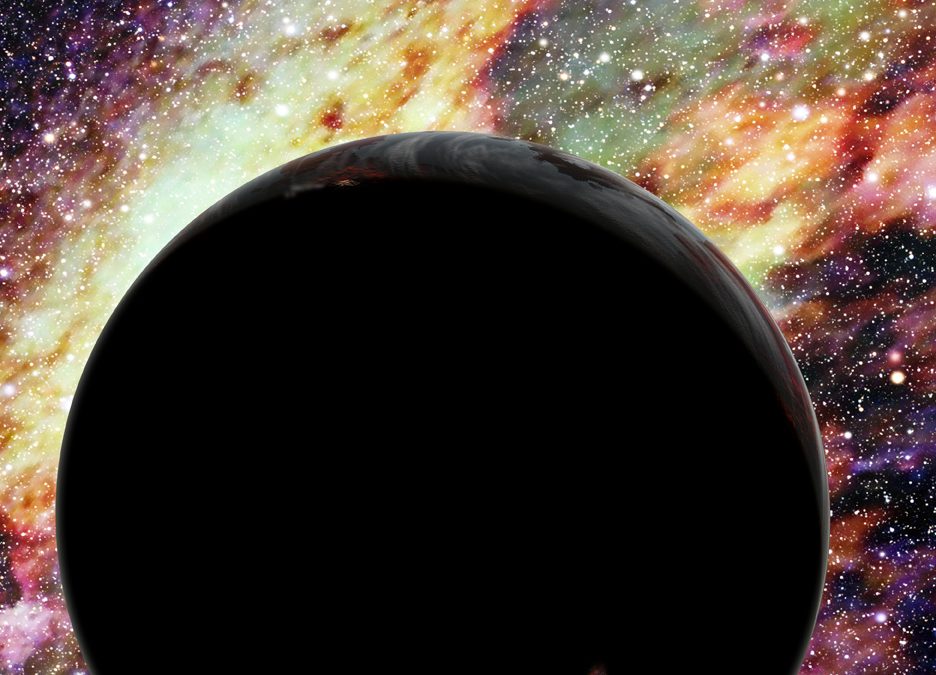

Moons orbit planets, planets orbit stars, stars orbit within galaxies. It’s orbits all the way down. But occasionally objects can receive a powerful kick that sends them off on a journey, never to return.
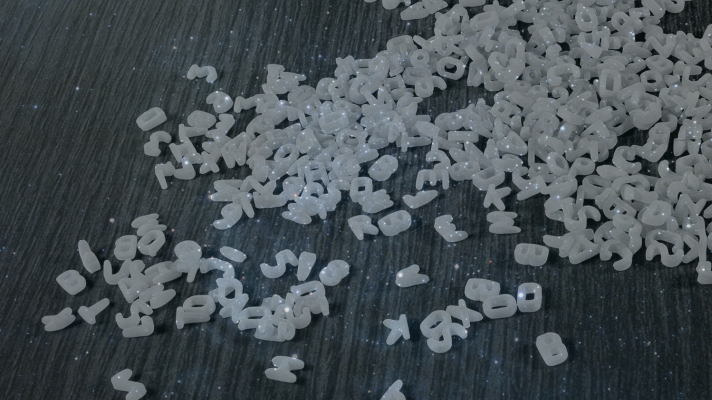
Space is a big place, with a lot of galaxies, stars, planets and moons, and that means a lot of names. How do astronomers name stuff, like comets, asteroids, exoplanets, craters?
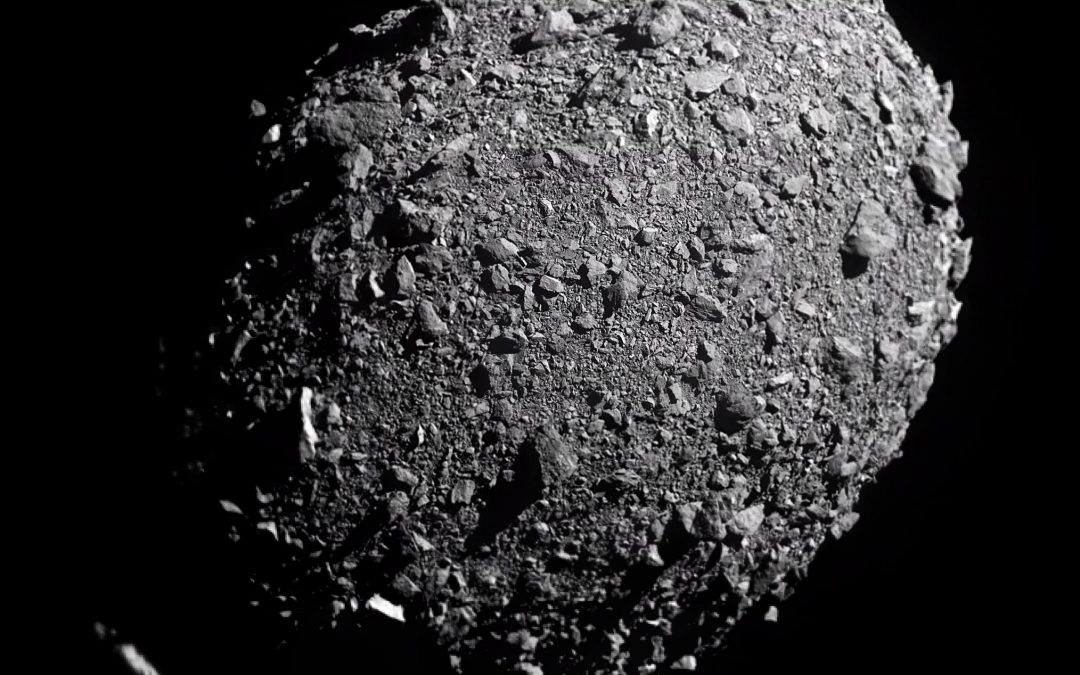
This week we saw the incredible image of DART smashing into asteroid Dimorphos. Beyond avenging the dinosaurs, what can we learn scientifically from this and other asteroid/comet impact missions?
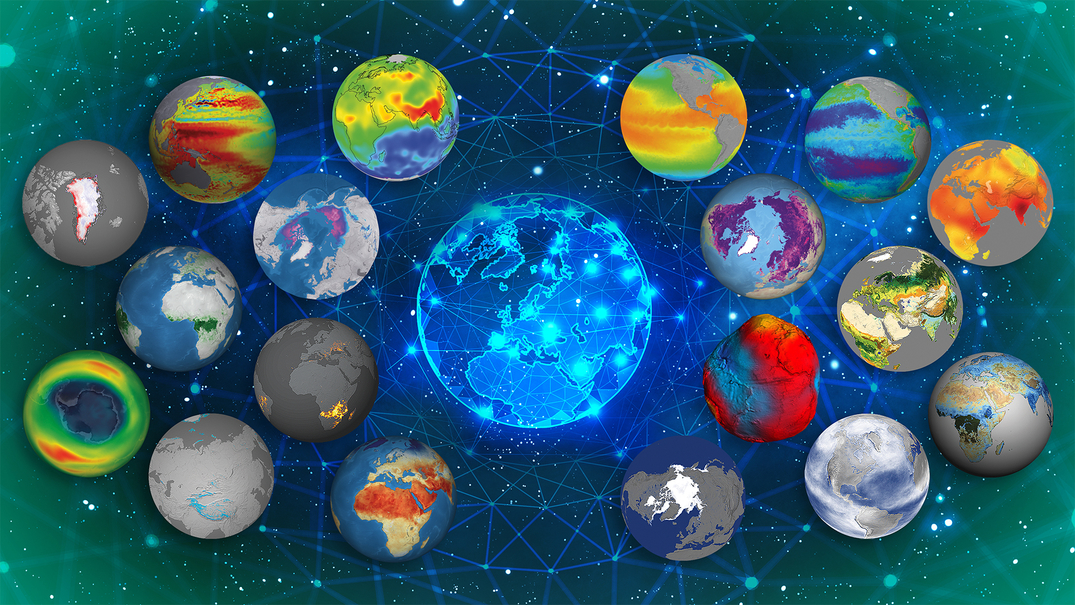
Climate change is on our minds these days, with increasing wildfires, droughts and floods. What are the variables that play into a planet’s changing climate, and what can this teach us about the search for habitable planets across the Milky Way?
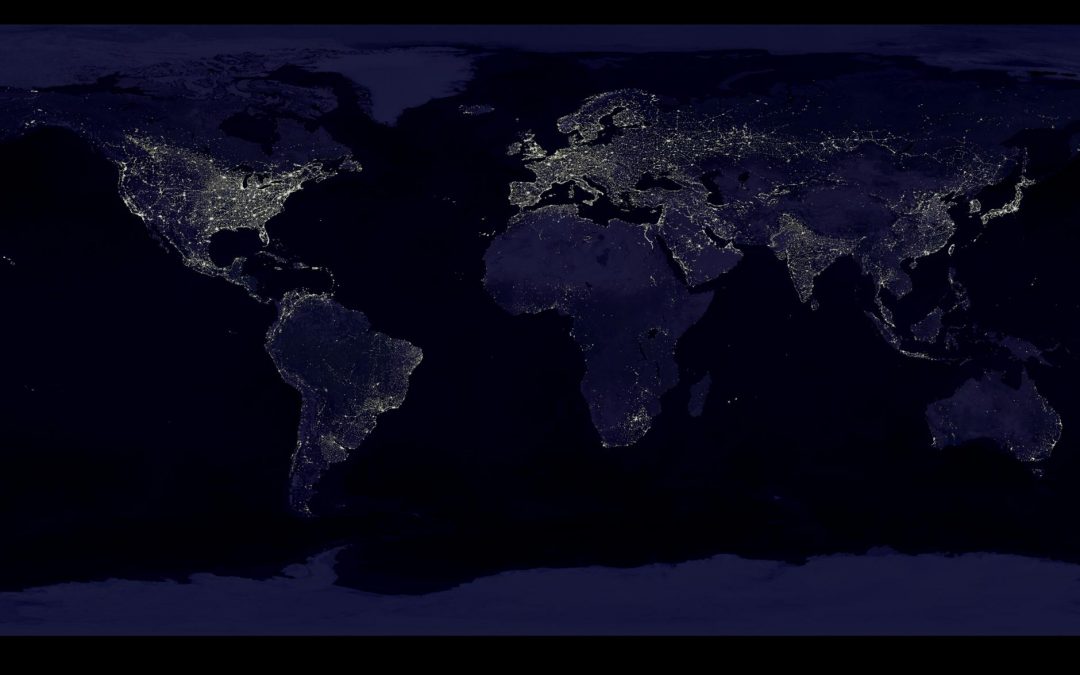
Now that we’ve discovered thousands of exoplanets, we’re learning more and more about what kinds of planetary systems there are out there across the Universe. Are planets like Earth unique or totally rare?
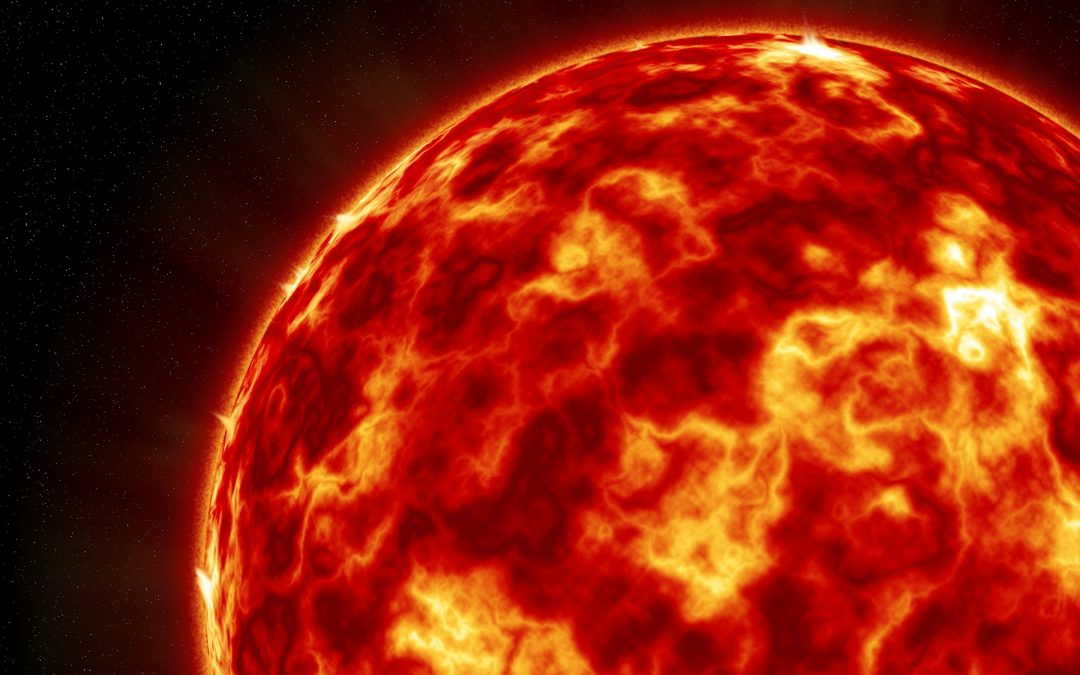
We’ve always assumed that we lived in a perfectly normal system with a normal star and normal planets. It’s all… normal. But with our modern understanding of billions of stars, just how normal is our Sun, anyway?
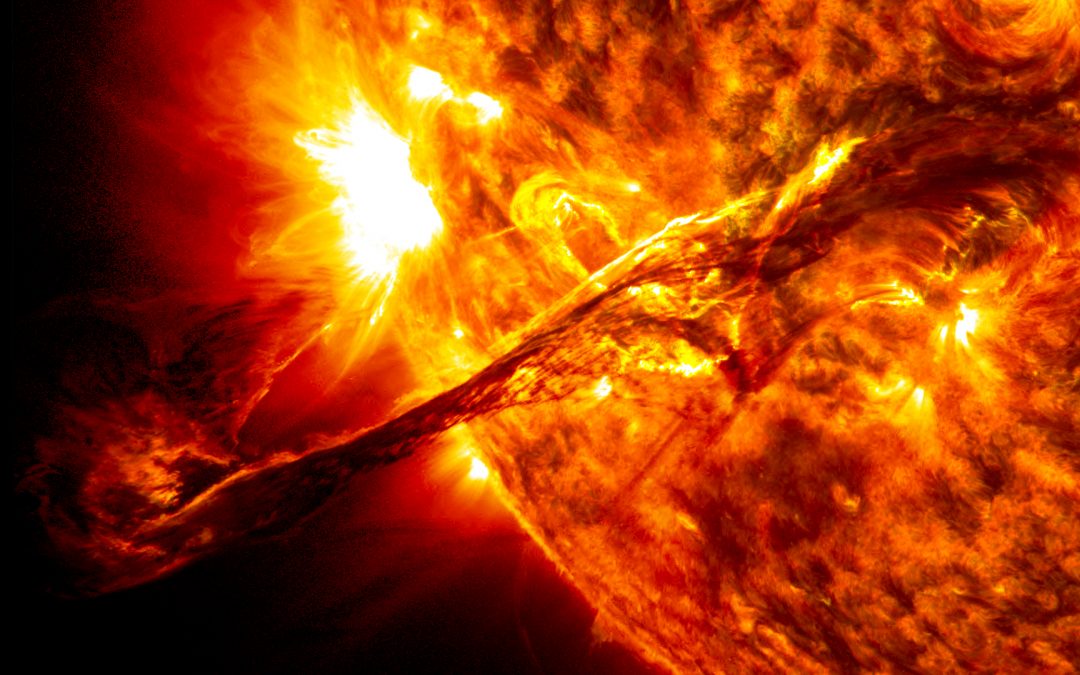
Once again, it’s time to take a look at the Sun. You know, ongoing thermonuclear explosion of fusing hydrogen that’s right over there. Fortunately, there’s a fleet of spacecraft and ground observatories ready to give our best ever view of the Sun.
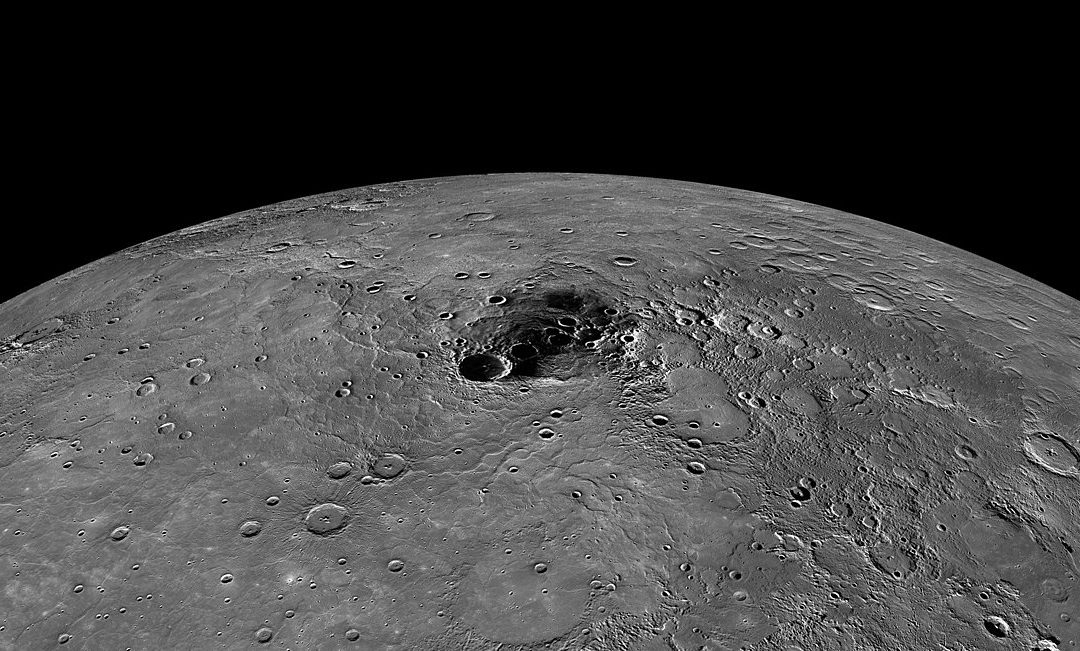
It’s been about a thousand years since we last looked at Mercury, so we figured it’s time for an update. What new things have we learned about Mercury, or even new questions? Fortunately, there’s a mission on the way to help get us some answers.
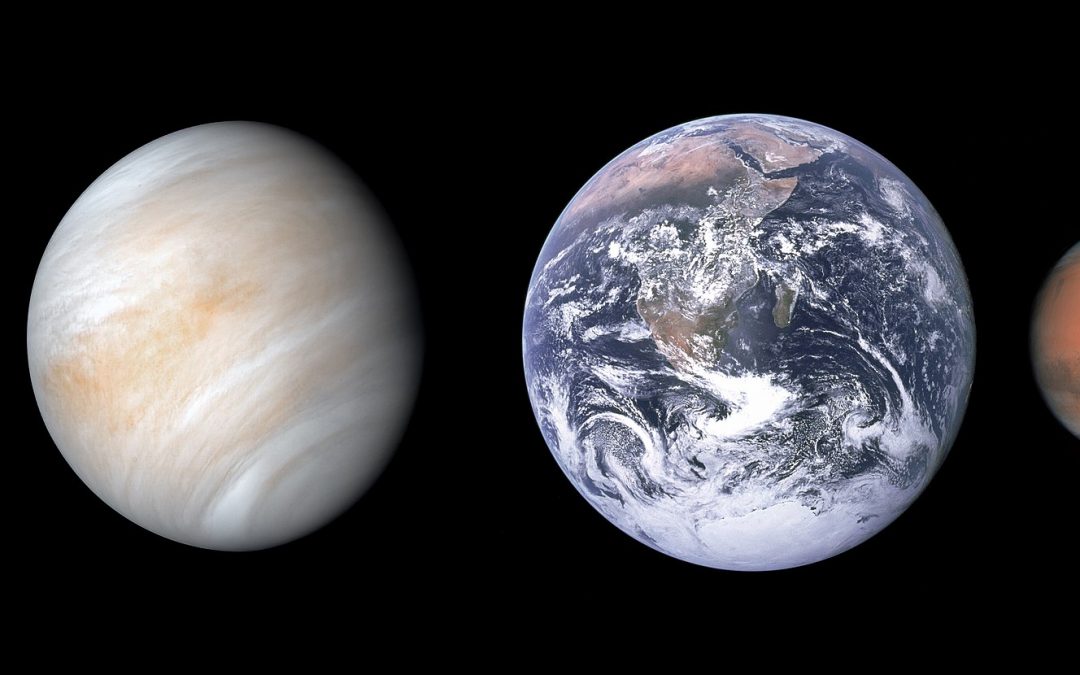
We continue our refreshed tour of the Solar System, checking in on the inner terrestrial planets: Mercury, Venus, Earth and Mars. What have we learned about their formation, evolution and what they might tell us about other planets in the Universe?
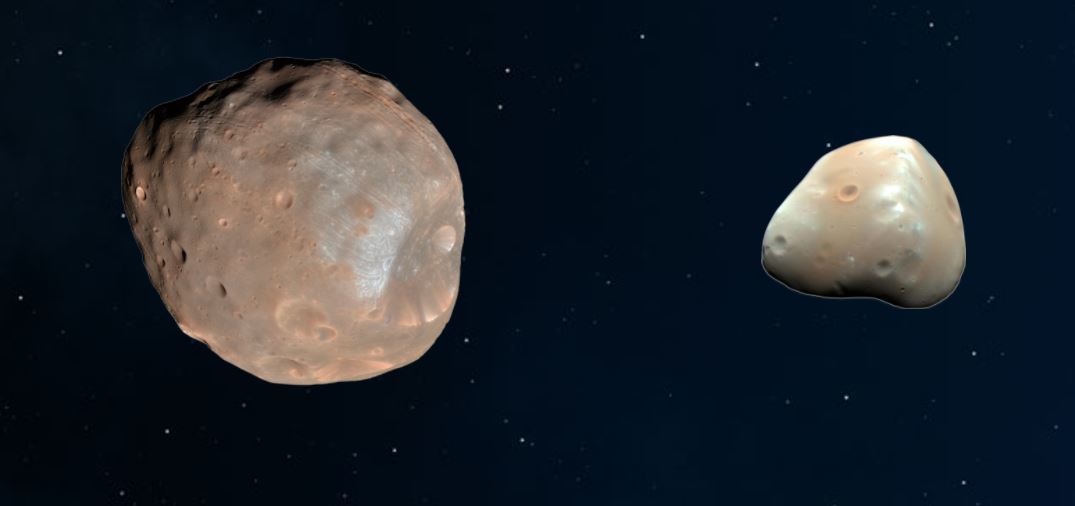
We’ve talked about the icy objects of the Solar System, today let’s talk about space rocks. There’s a surprising variety of rocky material in the Solar System, and each object has a story to tell about the history and formation of the planets, moons and other rocky bodies.
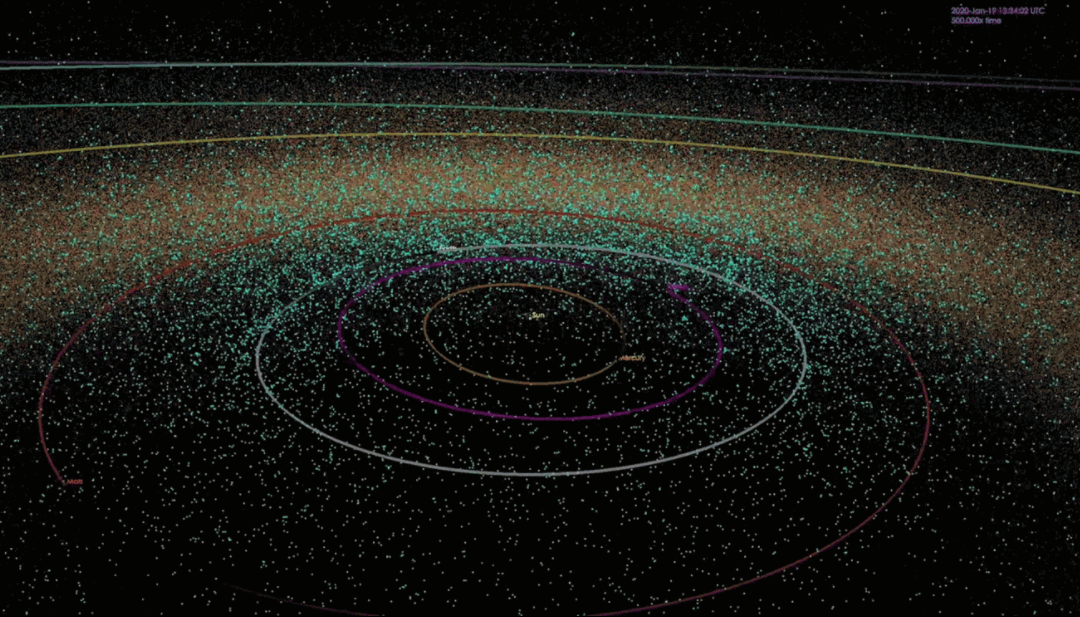
Are asteroids dangerous? Just ask the dinosaurs, and they’ll tell you a sad story of fiery death. It turns out we’re in a shooting gallery of space rock and metal, and somewhere out there there’s one with our name on it. Should we be worried or are the risks so minimal to be irrelevant?
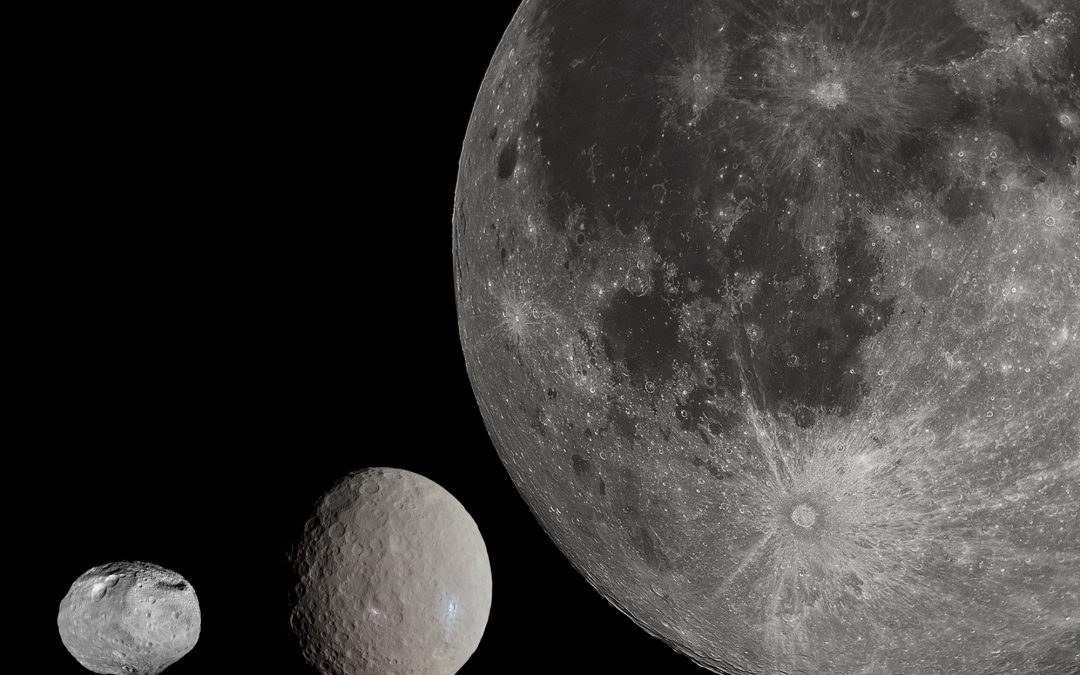
A rock is a rock is a rock, right? Across the Solar System there are giant rocky asteroids and even rockier moons. What’s the difference between these two families of objects, and where did they come from?
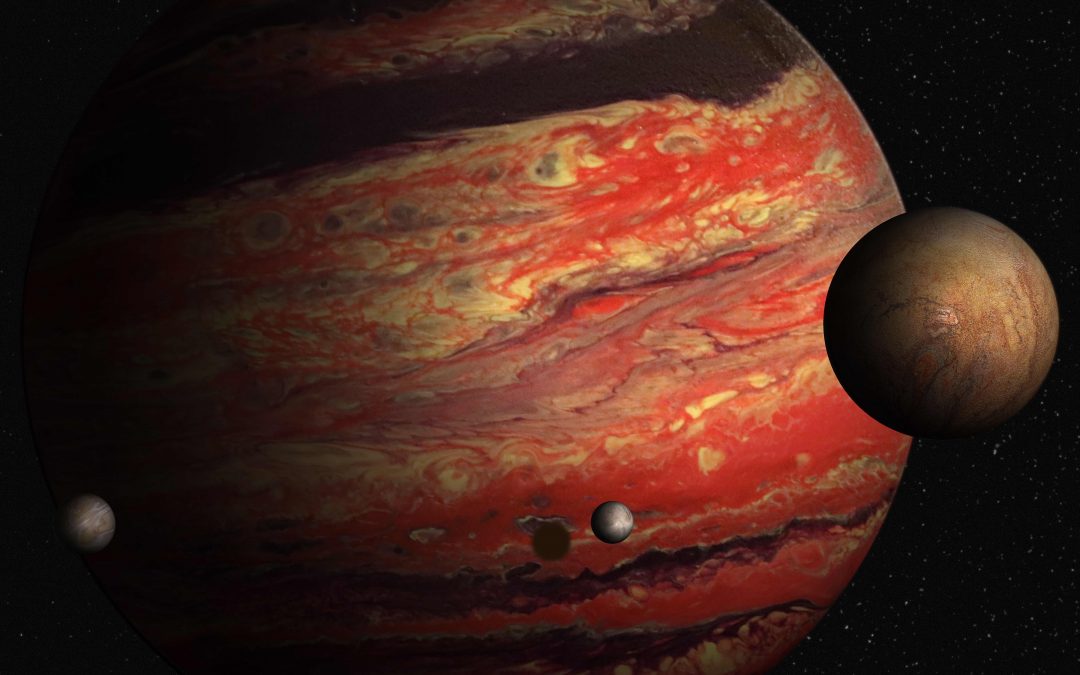
For the longest time, the only gas giant planets we knew about were Jupiter and Saturn. But now in the age of extrasolar planets, astronomers have discovered thousands of gas giants across almost as many star systems. What new discoveries have been made about gas giants, both here in the Solar System and across the Milky Way?
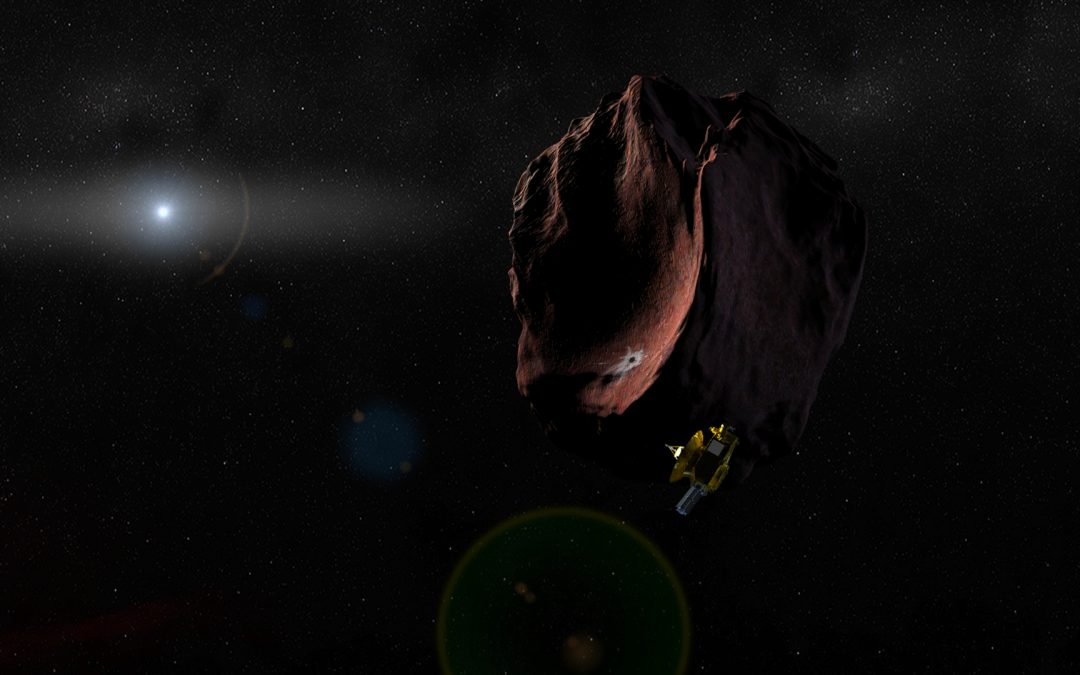
Good news! Over the next few years, we’re going to see a flotilla of new missions headed to Jupiter and Saturn. Why aren’t we seeing more missions to the outer planets, like Uranus and Neptune? It turns out, those places are far away. Today let’s talk about the challenge of exploring the outer Solar System.
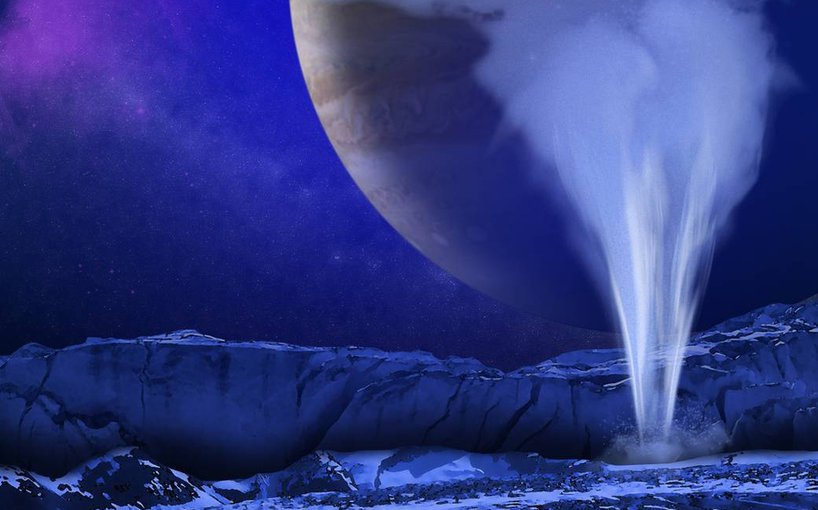
The outer Solar System is far enough from the Sun that water doesn’t get blasted away into deep space. In this icy realm, there are many worlds with vast quantities of water ice. Today let’s look at the icy outer moons and dwarf planets.
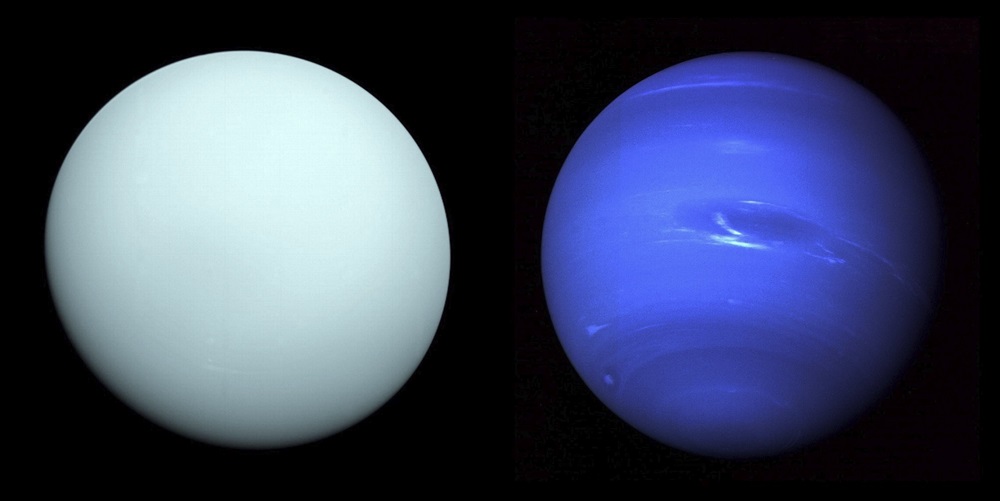
We’re learning more and more about the outer planets of the Solar System. Uranus and Neptune are ice giants, filled with water and other volatiles that we’d consider ice if it was here on Earth. What’s inside these worlds, and what could we expect to find across the Milky Way?
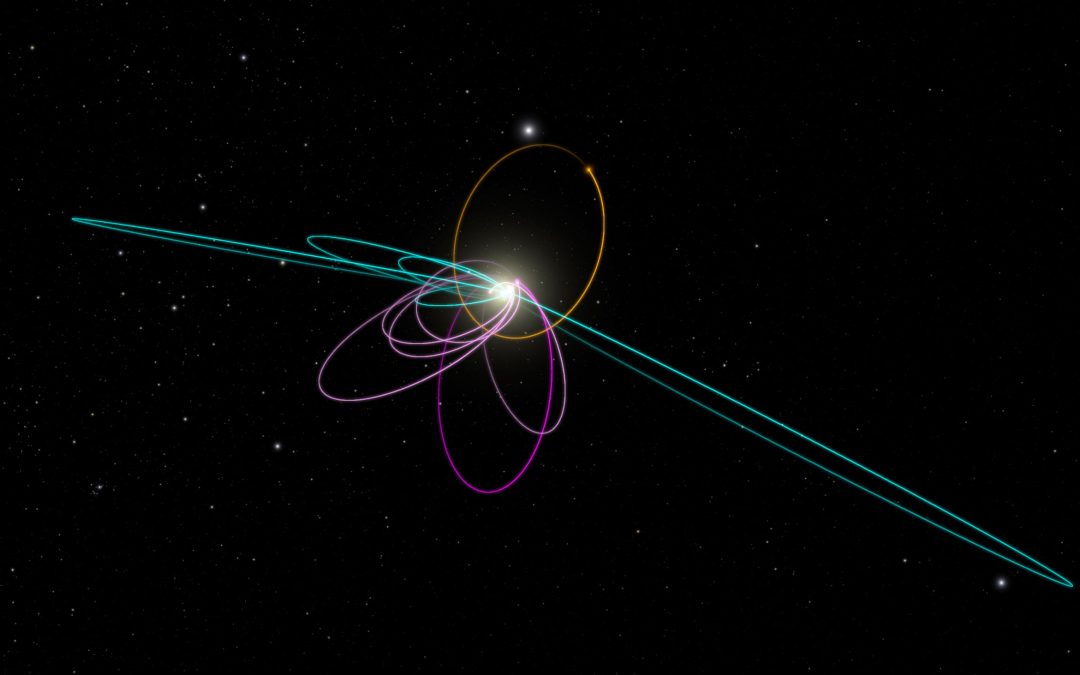
After Pluto lost its planethood, we were down to 8 planets. But there’s growing evidence of another world (or worlds) out beyond the orbit of Pluto. Is Planet 9 out there and how will we find it? Could there even be a Planet 10?
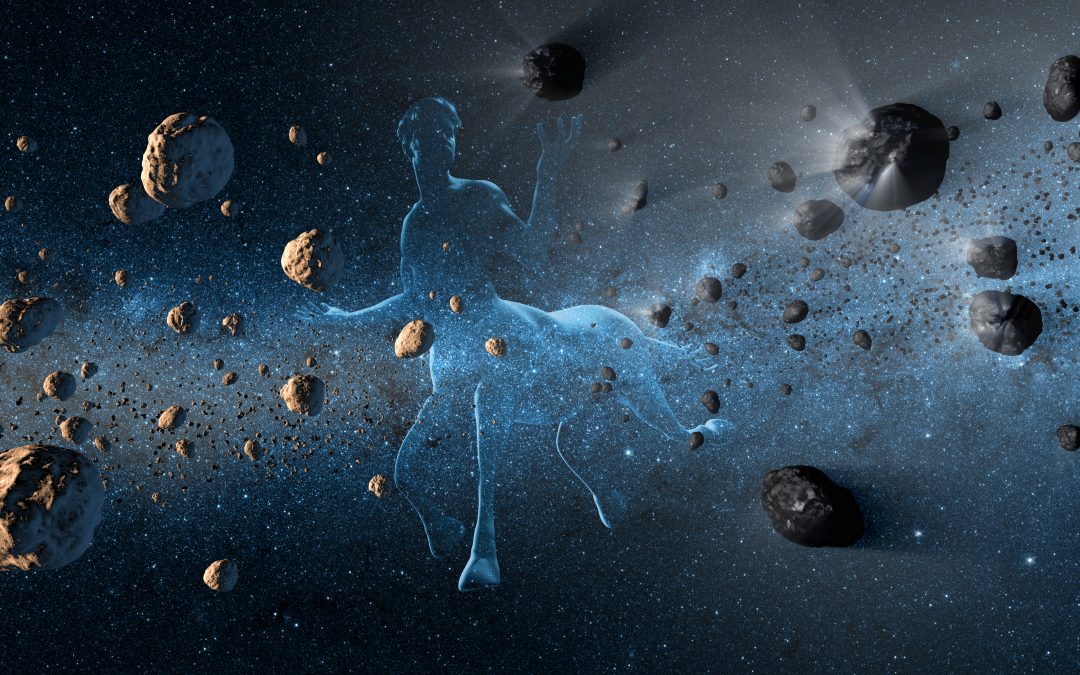
There are asteroids and there are comets. But there’s an entirely separate class of objects called centaurs. But instead of half-human, half-horse, imagine an object that’s half comet, half asteroid but 100% interesting.
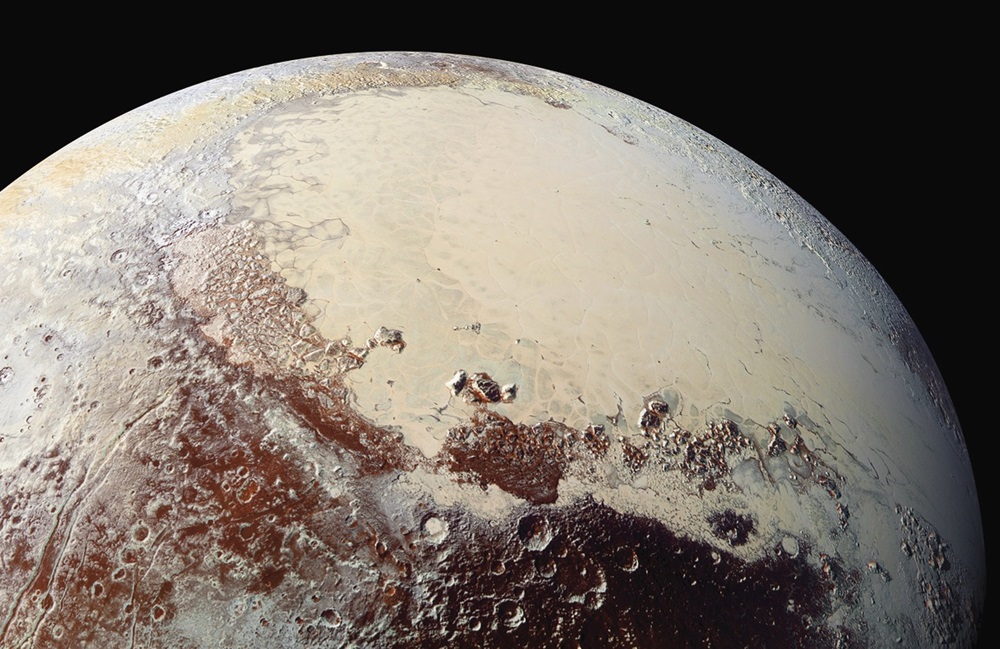
Astronomy Cast more than 600 episodes ago. Are there any updates? Does Pluto have a chance of regaining planethood again?
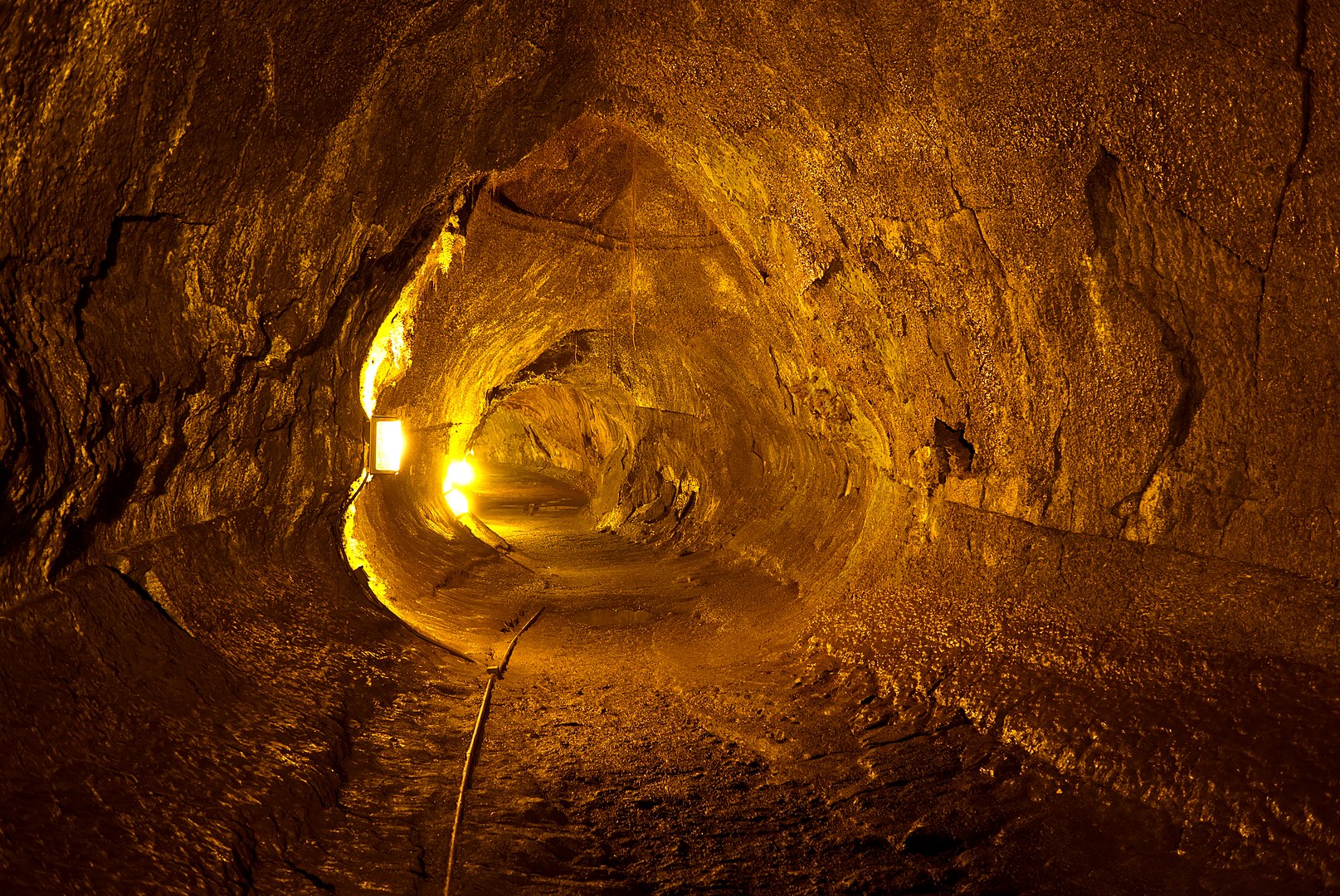
Volcanoes can be some of the worst natural disasters we can experience here on Earth, but life wouldn’t even exist without them. What are volcanoes good for anyway?
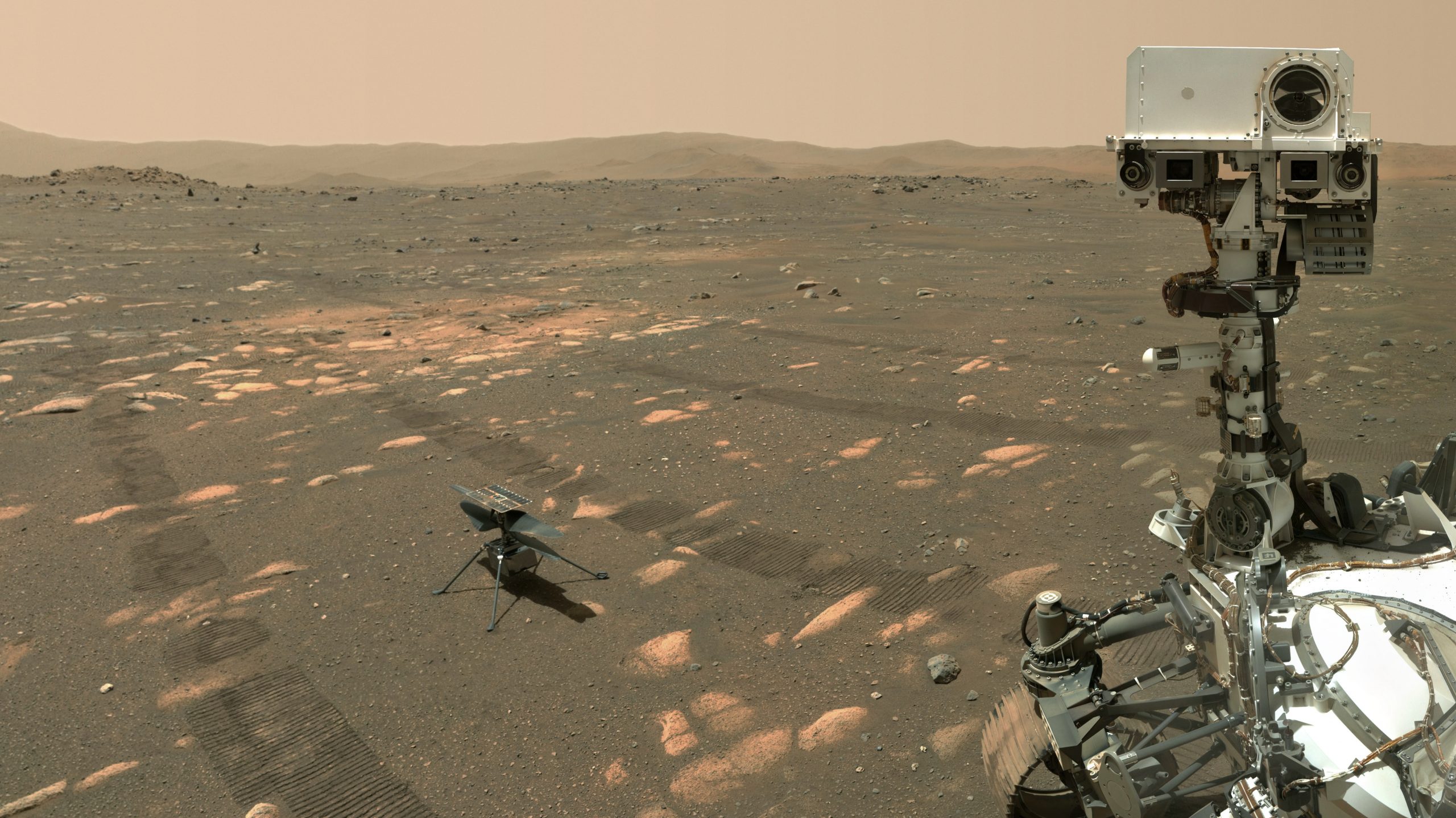
As you all know, Pamela refuses to talk about any missions which aren’t actually doing science. Well, Perseverance has crossed the line, from fantasy to an actual working rover, scooping regolith and yeeting helicopters. What has the rover accomplished in its first 100 days?
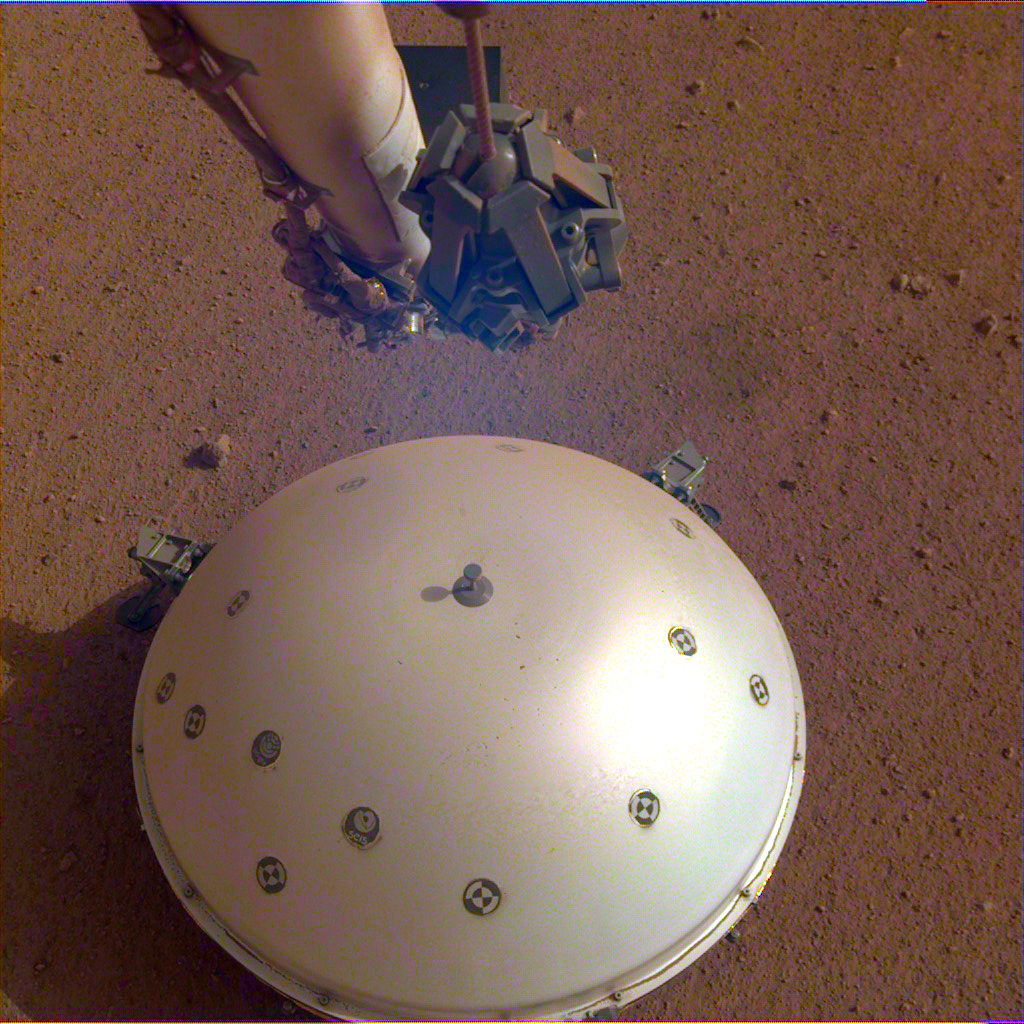
Mars is cold and dead today, but the massive volcanoes tell us what the planet used to be like, millions and even billions of years ago. But how volcanically active is the planet today? That’s what NASA’s Mars InSight lander is there to figure out.
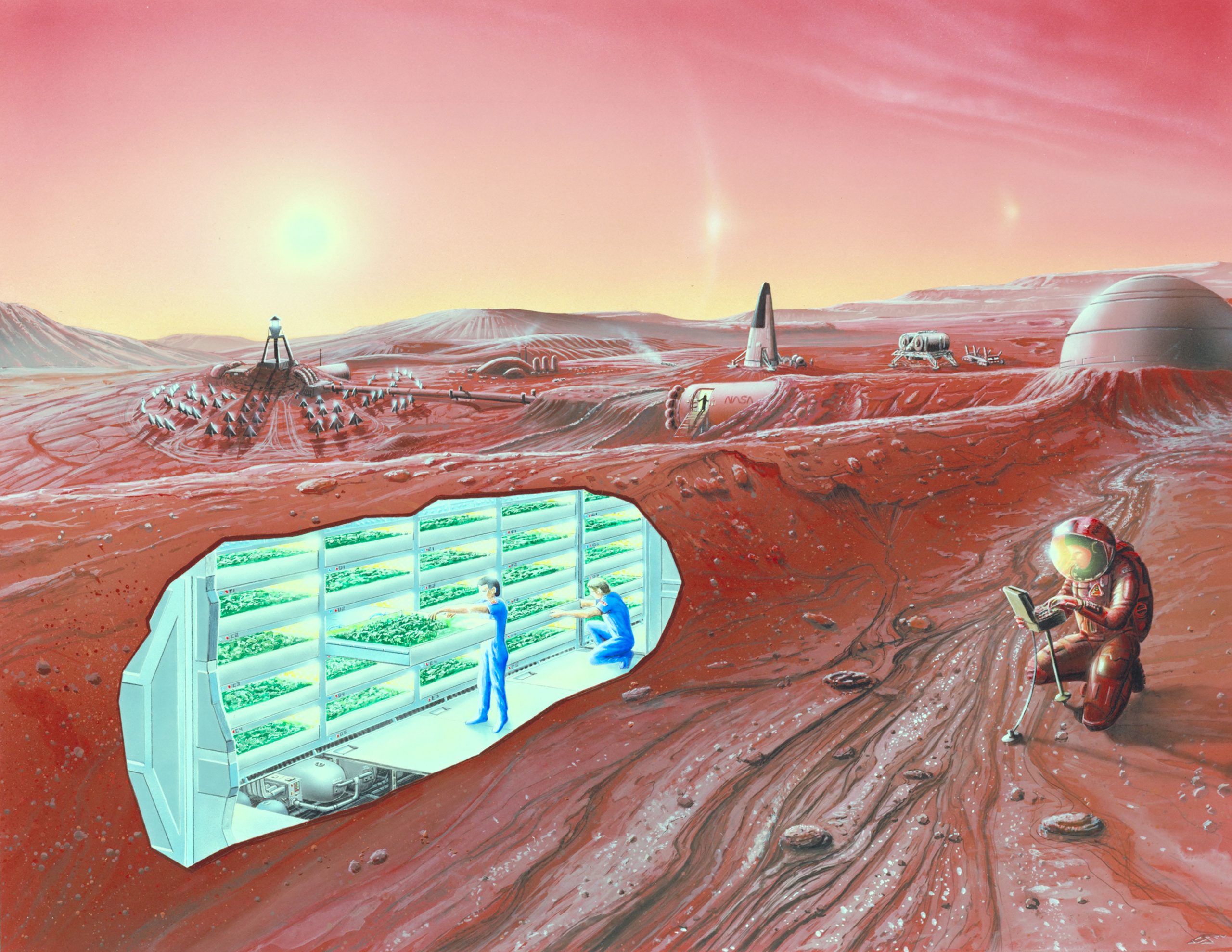
Today, we gaze into the future of space and astronomy. What upcoming missions and events are we excited about?
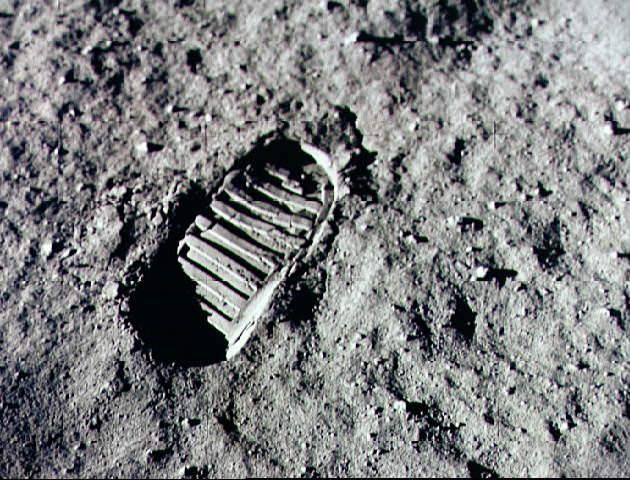
2024 can’t come soon enough. You know, that’s the year when humans will set foot on the Moon again. Don’t you roll your eyes. That’s the plan. Well, unless the plan changes. But my point is, explorers going to the Moon will need to be concerned about all kinds of hazards, like dust, radiation and gigantic moon worms.
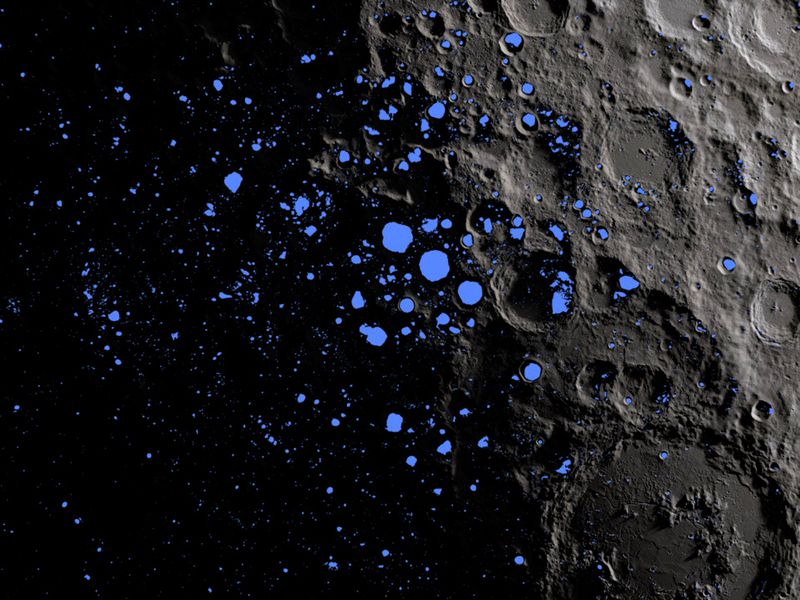
We’ve talked about water on the Moon many times here on Astronomy Cast, but there have been a bunch of big updates, thanks to new research from NASA and others. Today we’re going to give you an update on the state of water on the Moon and the plans to take advantage of it.